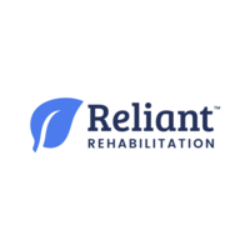
Despite the many adaptations and additional considerations that have been adopted in the battle against COVID-19, healthcare providers in skilled nursing facilities (SNFs) maintain their primary focus of quality patient rehabilitation and care. In the midst of planning and delivering care in a pandemic, some may ask, Does data collection really matter right now? What’s GG got to do with it? The answers are Yes and everything!
CMS has indicated the value of data collection of our patient’s functional abilities (i.e. Section GG) by signaling it as a key comparison of quality across post-acute settings, an indicator of resource use impacting reimbursement, and critical to guiding patient-centered care planning. Although CMS stated exceptions and extensions were granted because data collection may be greatly impacted by the response to COVID-19, beginning July 1, SNFs are expected to report their quality data to meet the SNF QRP requirements for the third quarter of 2020. (Download CMS’ SNF QRP Tip Sheet)
Knowing this data eventually will be publicly posted, the question now becomes Does it reflect our exhausting efforts to deliver care during this public health emergency? That answer is yet to be determined, but it is never too late for a review and refresh of Section GG content as well as considerations for coding and patient identification in the current environment.
Accuracy of Section GG coding depends not only upon the healthcare professional’s familiarity with the objective scales, but also with each item’s definition, intent and parameters for coding. For example, walking items may be completed within separate sessions. A single walking item may include a brief rest, as long as the resident does not sit down. These considerations may assist in completing a thorough assessment in isolation. CMS provides training videos on the SNF QRP Training webpage for instructional purposes.
Facilities can use Section GG data to capture potential changes in function that may require skilled intervention by completing interim assessments. It is the role of the interdisciplinary team to identify potential impacts of isolation on a patient’s biopsychosocial wellbeing and intervene as appropriate.
Finally, review the submission requirements for the SNF-QRP, so a technicality does not overshadow the successful outcomes your teams are creating. Avoid dashes, utilize the activity not attempted codes as necessary, incorporate at least one goal into the patient’s care plan and submit the completed data for at least 80% of your Medicare A claims.
The interdisciplinary team should champion the role of data collection, even in a pandemic, to ensure that we are facilitating the appropriate plan of care, capturing the true picture of the resident’s needs and maintaining the highest quality of rehabilitation and care. Our patients are counting on us!


